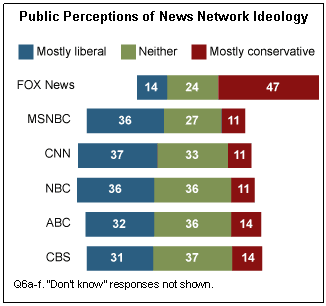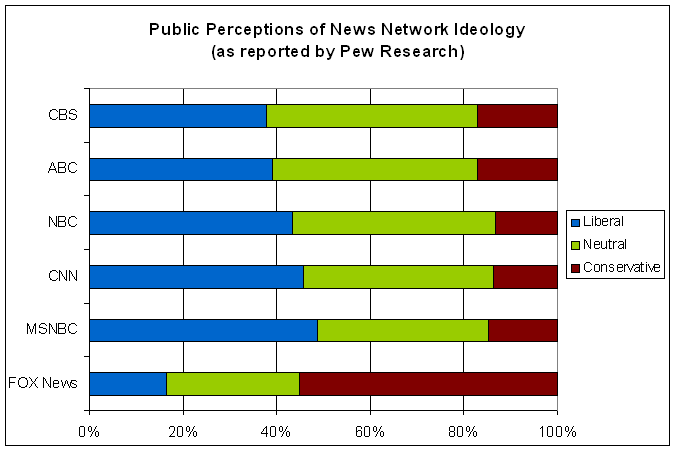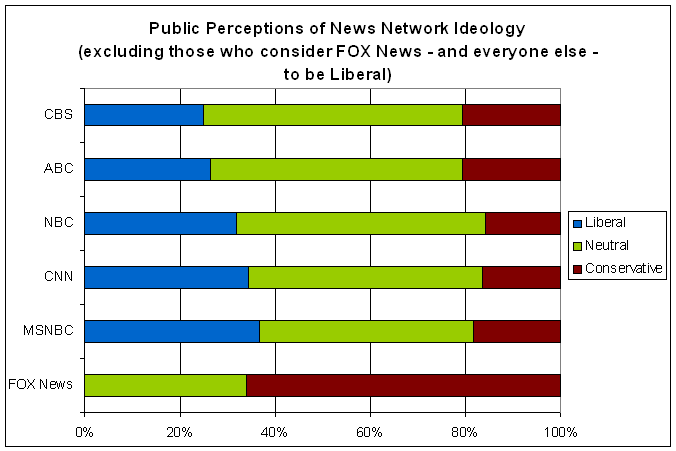With the US Federal Government looking like it might go into a shutdown over budget negotiations (as I type, Intrade puts the chance at 40%), you can expect to see more articles around like this one from the Economist’s Democracy in America. Here’s the gist of what they’re saying:
As Steve Benen points out, it definitely isn’t (or isn’t just) a function of Democratic legislators’ lack of determination. It’s partly a function of the fact that, as recentNBC/Wall Street Journal, Pew, and Gallup polls show, Democratic voters want their leaders to compromise, while Republican voters don’t. Jonathan Chait argues that what we have here is a structural issue that forces Democratic politicians to be wimpy:
Most people have the default assumption that the two parties are essentially mirror images of each other. But there are a lot of asymmetries between the Democratic and Republican parties that result in non-parallel behavior. The Republicans have a fairly unified economic base consisting of business and high-income individuals, whereas Democrats balance between business, labor, and environmental groups. The Republican Party reflects the ideology of movement conservatism, while the Democratic Party is a balance between progressives and moderates.
The upshot is that the Democratic Party is far more dependent upon the votes of moderates, who think of themselves in non-ideological terms and want their leaders to compromise and act pragmatically. The reason you see greater levels of partisan discipline and simple will to power in the GOP is that it has a coherent voting base willing to supportaggressive, partisan behavior and Democrats don’t. This isn’t to say Democrats are always wimps, but wimpiness is much more of a default setting for Democrats.
The article then goes on to discuss the psychological origins of ideological allegiance. The upshot is that certain people have certain preferences and the political parties are representations of those groups of people. There’s an implied assumption that all of this is exogenous to the system at large; that there’s nothing you can do about it, you just need to take it as given in your deliberations.
For anybody interested in this stuff, I strongly encourage you read Steve Waldman’s opposing view: “Endogenize Ideology“. Here is his basic point, from quotes arranged in a different order to that in which he provides them:
Many [people] treat ideology or “political constraints” as given, and perform the exercise that economists perform reflexively, starting with their first grad school exam: constrained optimization. Constrained optimization is a mechanical procedure. The outcome is fully determined by the objective function and the constraints.
However …
That’s the wrong approach, I think. Rather than treating ideology as fixed and given, we should treat it as dynamic, as a consequence rather than a constraint of policy choices.
Ultimately, he argues, in a world of hard-nosed ideologues versus constraint-respecting policy wonks …
Rather than two optimizers, one of which has strictly less information than the other, in the real world we’ve seen two satisficers, one of which has adopted the strategy of optimizing subject to fixed constraints and the other of which has neglected pursuit of optimal present policy in favor of action intended to reshape the constraint set. A priori, we would not be able state with certainty which of the satisficers would outperform the other. If the constraint set were, in fact, strongly resistant to change Team Obama’s strategy would dominate. But if the constraint set is malleable (and constraints frequently bind), then Team Bush outperforms.
Just to really kick it home, he pulls out this quote from Karl Rove:
[Probably Karl Rove, talking to Ron Suskind] said that guys like me were ”in what we call the reality-based community,” which he defined as people who ”believe that solutions emerge from your judicious study of discernible reality.” I nodded and murmured something about enlightenment principles and empiricism. He cut me off. ”That’s not the way the world really works anymore,” he continued. ”We’re an empire now, and when we act, we create our own reality. And while you’re studying that reality — judiciously, as you will — we’ll act again, creating other new realities, which you can study too, and that’s how things will sort out. We’re history’s actors . . . and you, all of you, will be left to just study what we do.”


